CAB Members 2024-2026
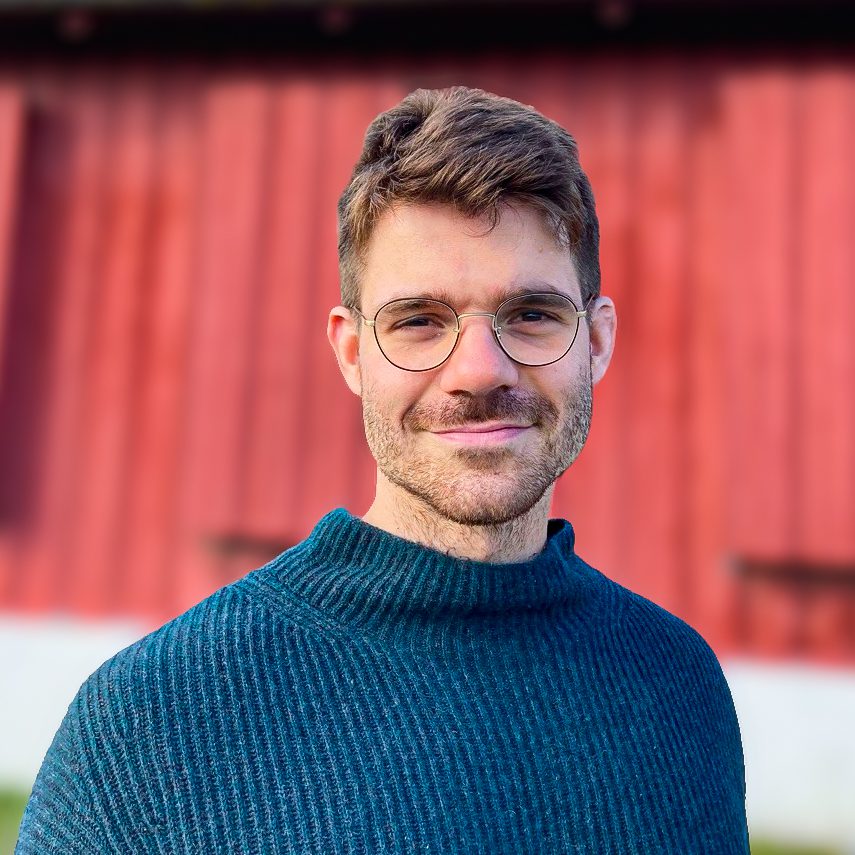
Benjamin A. Barsky is an Associate Professor of Law at UC Law SF. Barsky’s work sits at the intersection of law, health care policy, and public health ethics. Broadly, his research interrogates the relationship between law and inequalities in health—an issue that he studies using different social scientific methodologies, both qualitative and quantitative. Currently, his research focuses on how criminal law enforcement shapes health, with a particular focus on policing, incarceration, and controlled substance law.
Barsky is co-leading two grant-funded research projects pertaining to these issues. The first, supported by the Robert Wood Johnson Foundation, focuses on unarmed first-response interventions in health-related emergencies. The second, supported by the Commonwealth Fund, studies the effects of state Medicaid expansions on mortality among formerly incarcerated people. His research has also been supported by the Horowitz Foundation for Social Policy, the National Institute on Drug Abuse, and the National Institute of Mental Health. Barsky’s scholarship has appeared or is forthcoming in the Journal of Law and the Biosciences, Michigan Law Review, New England Journal of Medicine, University of Pennsylvania Journal of Constitutional Law, and Washington Law Review, among other publications.
Barsky is completing his Ph.D. in Health Policy at Harvard University; his thesis is entitled “Essays in Criminal Health Law and Policy.” Before joining the UC Law SF faculty, Barsky was an Annual Fellow at the Harvard Law School Project on Disability and an Initiative Fellow at the Edmond and Lily Safra Center for Ethics at Harvard University. He holds a B.A. from Johns Hopkins University, a Master of Bioethics from the University of Pennsylvania Perelman School of Medicine, and a J.D. from the University of Pennsylvania Carey School of Law. Originally from Montréal, Québec, Barsky became a naturalized U.S. citizen in Nashville, Tennessee, in 2015.
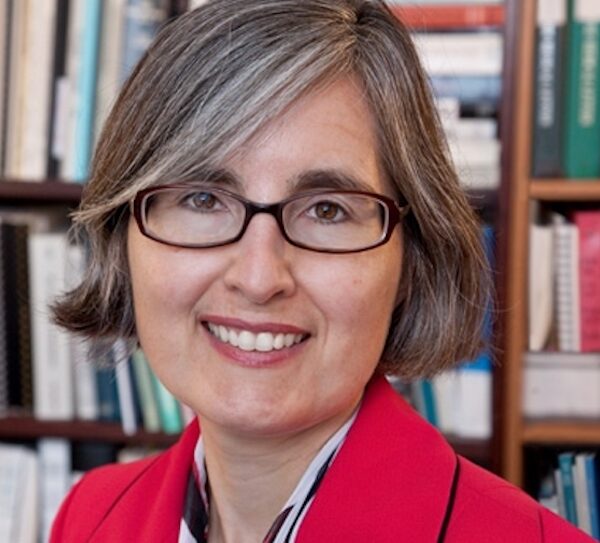
Janet Coffman, M.A., M.P.P., Ph.D., is a Professor and Co-Associate Director for Policy Programs at the Philip R. Lee Institute for Health Policy Studies, and is affiliated with the Healthforce Center and Department of Family and Community Medicine at UCSF. She also serves as the Co-Director of the Master of Science in Health Policy and Law Program with the UCSF-UC Law SF Consortium. Dr. Coffman is a health services researcher who strives to build bridges between academia and policymakers. Her research interests include health care reform, the health care workforce, access to care for vulnerable populations and innovations in management of chronic illnesses. She has published in a wide range of journals, including Health Affairs, Health Services Research, Pediatrics and Psychiatric Services.
Dr. Coffman received a bachelor’s degree in history from Haverford College, a master’s degree in history from Binghamton University and one in Public Policy, and a Ph.D. in Health Services and Policy Analysis from the University of California, Berkeley. She previously worked for the United States Senate Committee on Veterans Affairs, the San Francisco Department of Public Health, and the UCSF Center for the Health Professions.
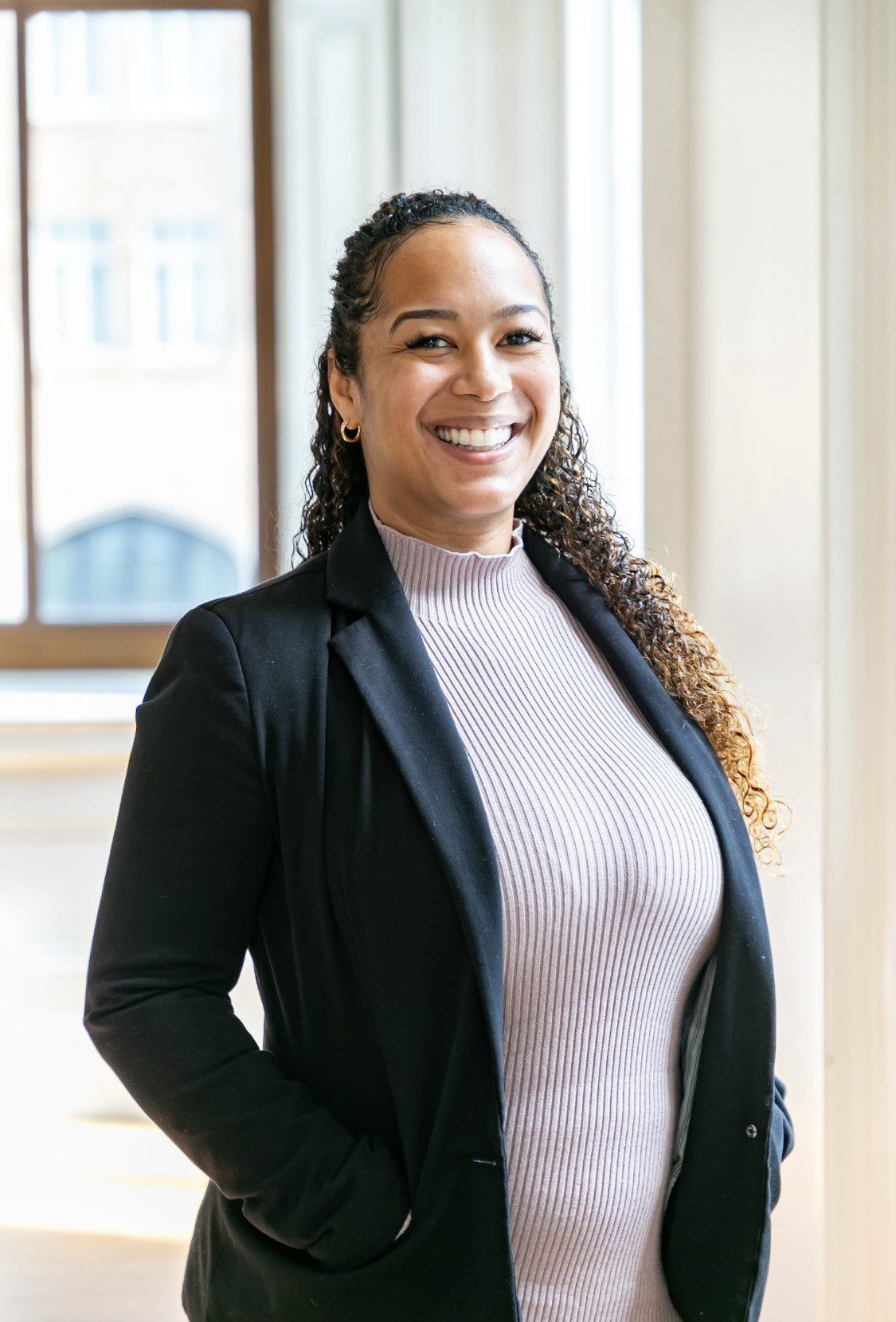
Simone Combs is a Principal Analyst on the City & Community Partnerships Team at the SF Department of Children, Youth & their Families. At DCYF, Simone is focused on forging partnerships with City Departments, the School District, and Community Partners to positively impact San Francisco’s most historically disenfranchised populations. She regularly draws on her knowledge and experience of bringing people together, often from different sectors (like safety, housing, health, education, and workforce organizations), to work collaboratively towards common goals.
Simone began her career with the City and County of San Francisco in 2011 when she joined the San Francisco Public Utilities Commission (SFPUC) as an intern. She eventually became the SFPUC’s only Contract & Budget Analyst, performing two jobs at once and overseeing complex contracts and operating budgets while also earning a Master of Public Administration degree. A year after graduating, she joined the San Francisco Human Services Agency where she focused on outreach, marketing, mentorship, and data initiatives and soon after joined the Our Children Our Families Council (OCOF) where she oversaw the Council’s data workstreams which regularly informed decision making in support of San Francisco’s most disenfranchised children and families.
Simone earned her bachelor’s degree in Political Science and Government from Spelman College, and her master’s degree in Public Administration from the University of San Francisco.
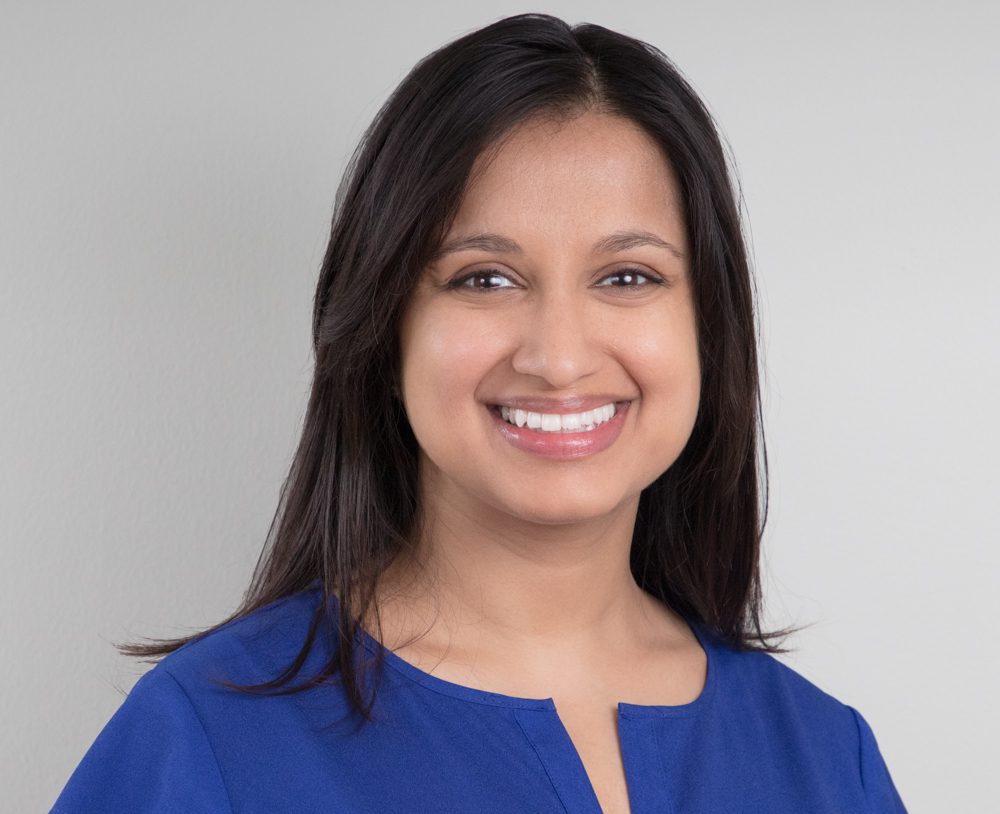
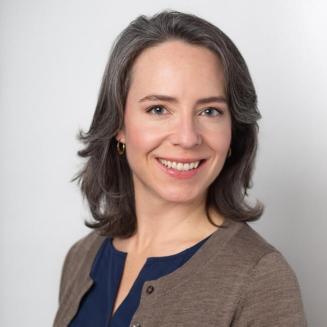
Sarah Garrett, Ph.D., is an Assistant Professor at the Philip R. Lee Institute for Health Policy Studies. She is a medical and cultural sociologist and works to promote health equity via stakeholder-informed mixed-methods research, focusing in particular on maternal health. At IHPS Sarah is a part of the Medical Cultures Lab, a social science “laboratory” that is focused on several related initiatives examining the role of culture in medicine.
Sarah is currently PI of a UCSF CTSI KL2 project, “Maternal health interventions in California hospitals: Understanding approaches & implementation to advance equity” (2022-2025). The overall objective of the proposed research is to elucidate how different health systems approach mitigating disparities in maternal health.
From 2020-2022, Sarah was a T32 Health Policy Fellow at IHPS. Among other activities, she designed and led the MEND study: Multi-Stakeholder Engagement with State Policies to Advance Antiracism in Maternal Health. The multiple-methods project engages Black women and birthing people, socio-legal scholars, perinatal clinicians, and a fully-funded community advisory panel of Black mothers to develop evidence-based guidance for clinician implicit bias training.
Sarah completed her BA in Sociology and French Literature at UC San Diego, her MA and PhD in Sociology at UC Berkeley, and her postdoctoral fellowship in Health Policy at UC San Francisco.
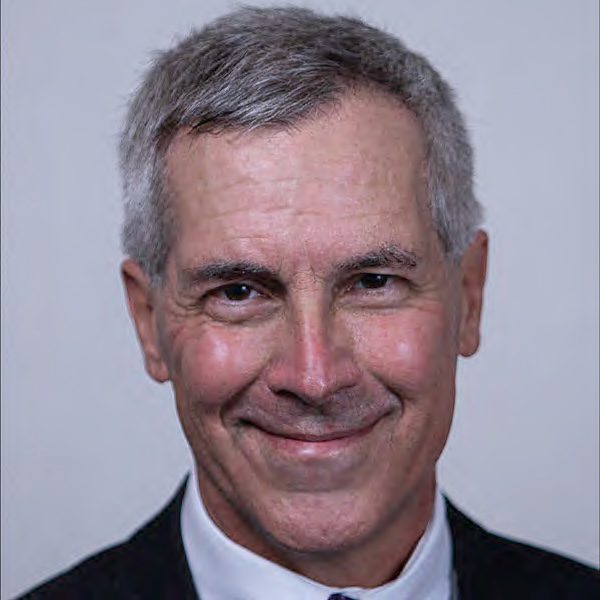
George Horvath is an Associate Professor of Law at UC Law. His scholarship combines his background as a practicing physician and medical scholar with empirical and doctrinal legal analysis to study the fraught intersections of law and health care. His work examines the ways in which statutory, regulatory, and implementation choices about the FDA’s role in regulating medical devices and drugs has impacted safety and innovation. His work also explores the ways in which multiple regulatory systems function together to create “emergent” regulatory systems whose effects on medical products are often quite different from those of any one system. Professor Horvath has been selected as a St. Louis University/American Society of Law, Medicine and Ethics Health Law Scholar (2022), a Loyola Chicago Wiet Life Sciences Law Scholar (2017, 2019, 2021, 2022), and an American Association of Law Schools Section on Law, Medicine, and Health Care New Voice in Health Law (2022).
Prior to joining the UC Law SF faculty, Professor Horvath was an Assistant Professor of Law at the University of Akron School of Law. Prior to that, he was a postdoctoral Fellow in Public Law at the University of California, Berkeley, School of Law. He clerked for Judge John T. Noonan, Jr. on the Ninth Circuit Court of Appeals. Professor Horvath earned his J.D. at Berkeley Law, where he served as Editor-in-Chief of the California Law Review. Prior to his legal career, Professor Horvath earned his M.D. at Temple University Medical School and practiced as a cardiologist specializing in the treatment of heart rhythm disorders. He authored or co-authored over twenty articles that were published in the Journal of the American College of Cardiology, Circulation, Archives of Internal Medicine, and other medical journals.
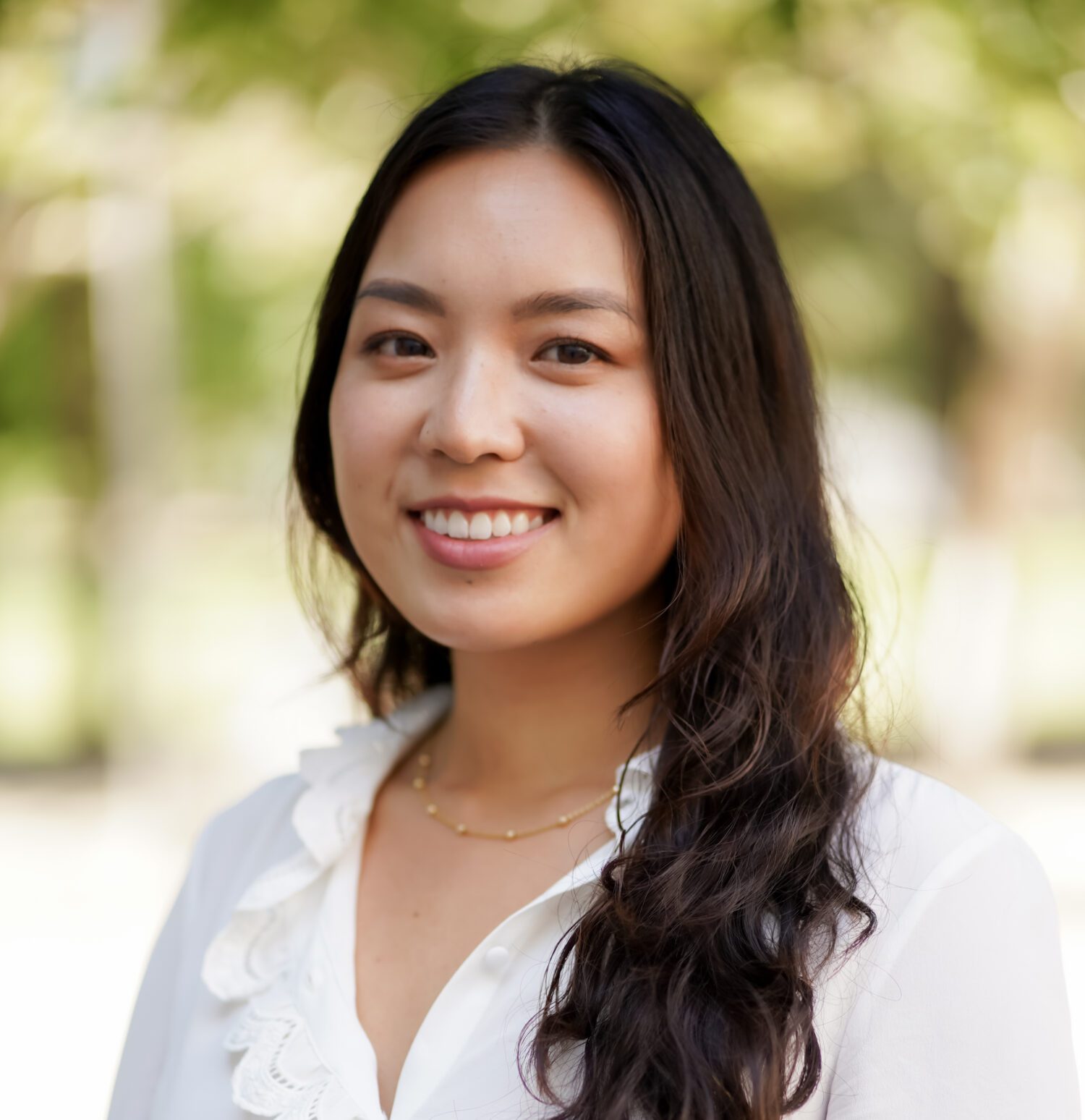
Lynn Leng is a medical student in the UC Berkeley-UCSF Joint Medical Program (JMP), a five-year dual graduate/medical degree program that aims to train physicians committed to solving public health and health equity challenges with a broad trans-disciplinary understanding of the social determinants of health, health systems science, population health, health equity, and data science. Her research interests include equitable health outcomes research, immigrant and migrant healthcare, responsible artificial intelligence, and access to care for vulnerable communities. She is also interested in medical education and has served on the JMP’s curriculum committee over the past two years and has worked in multiple teaching roles in the JMP and UC Berkeley’s School of Public Health.
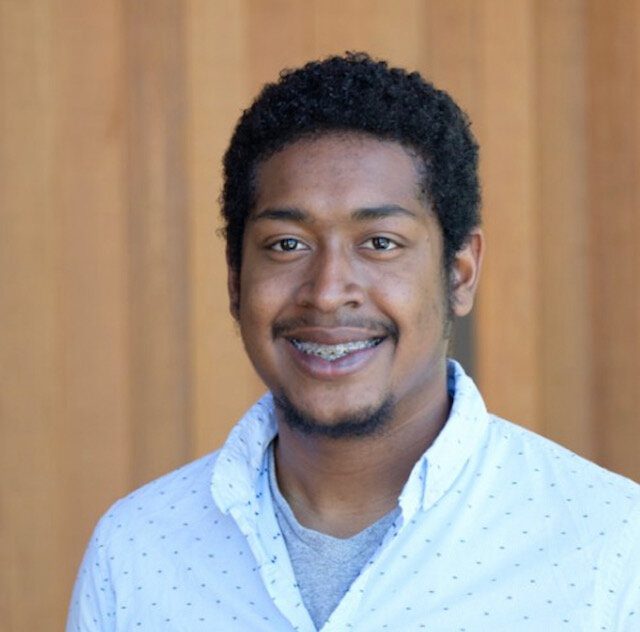
Antwan Matthews is the Director of Youth Programs at Code Tenderloin where he develops and coordinates internship programs for students throughout the Bay Area at partner organizations. Antwan is a nationally recognized public health researcher and advocate, specializing in sexual and reproductive health. He is passionate about advocating for and increasing awareness of public health issues amongst the Black community. Antwan earned his BS in Biology with a minor in Economics from Tougaloo College.
In 2017 he was awarded the Pedro Zamora Young Leaders Scholarship and spoke in front of former President Bill Clinton at the National AIDS Memorial Grove for the World AIDS Day Event. He is also a SHARP Scholar, Youth Champion Fellow, and has presented his research at the AIDS 2020/COVID-19 Conference. Antwan previously worked as a LINCS Navigator at the San Francisco Department of Public Health, where he established care for clients living with HIV/AIDS at SF healthcare systems. He also worked as an HIV Navigator and Phlebotomist for GLIDE’s Harm Reduction division, conducting HIV focus groups through social counseling and crisis interventions.
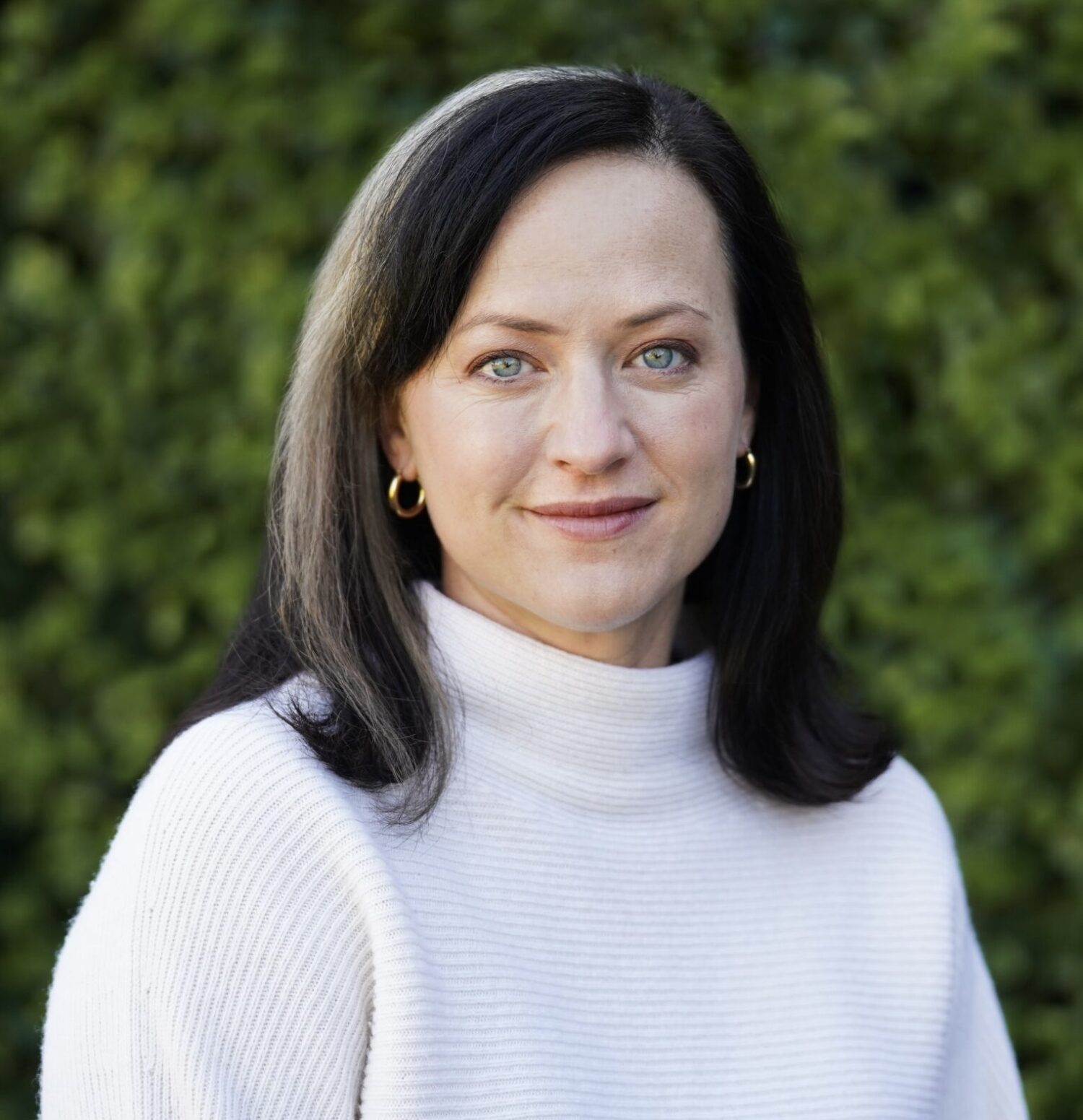
Emily Murphy is a Professor of Law and the Harry & Lillian Hastings Research Chair at UC Law. Her research focuses on the intersection of neuroscience, behavioral science, and law. She writes about the use of neuroscience as evidence and how neuroscience and behavioral science shape public policy and legal systems. Her work has been published or is forthcoming in Stanford Law Review, The Journal of Law & the Biosciences, Connecticut Law Review, William & Mary Law Review, Law & Psychology Review, Psychology Public Policy & Law, and Science.
Professor Murphy earned her A.B. magna cum laude in Psychology from Harvard University, her Ph.D. in Behavioral Neuroscience and Psychopharmacology from University of Cambridge, Trinity College, as a Gates Cambridge Scholar, and her J.D. from Stanford Law School. Prior to law school she was a postdoc with the Program in Neuroethics at the Stanford Center for Biomecial Ethics, Stanford Law School’s Center for Law and the Biosciences as well as the MacArthur Foundation’s Law and Neuroscience Project. Following law school, she clerked for the Honorable Richard A. Paez of the U.S. Court of Appeals for the Ninth Circuit. Prior to joining UC Law SF, Professor Murphy spent a year as a fellow in the Program in Understanding Law, Science, and Evidence at UCLA Law School. Before that, she practiced law at Munger, Tolles & Olson LLP, handling all aspects of complex commercial litigation, with an emphasis on professional liability and internal investigations. Her pro bono practice focused on housing issues and civil rights work addressing homelessness and incarcerated persons with disabilities.
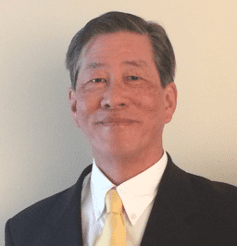
Kelvin P. Quan, JD EdD MPH is a senior executive and leader of non-profit, mission-driven health care organizations. Dr. Quan has extensive expertise in healthcare finance, strategic planning, community building, data analytics, marketing, legal & regulatory affairs, and grant & research administration.
Dr. Quan was the CFO and General Counsel of the Medi-Cal health plans for Alameda County and San Francisco. He later held roles at UC Berkeley’s School of Public Health as Associate Dean, On Lok Senior Health as Chief Administrative Officer, a primary care FQHC community health center as CEO. He retired as the Director at the School of Nursing and Health Professions at the University of San Francisco. His early career was spent in hospital administration where his roles ranged from Associate Administrator to Chief Financial Officer.
Dr. Quan served on the Boards of over thirty non-profits focusing on social justice and under-privileged communities. These included Self-Help for the Elderly, U.S. DHHS Office of Minority Health Region IX Health Equity Council, St. Mary’s Medical Center, Asian & Pacific Islander American Health Forum, Asian Health Care Leaders Association, and the Angel Island Immigration Station Foundation. He was a national speaker on health care disparities, diversity and language access. His publications include The High Costs of Language Barriers in Medical Malpractice (National Health Law Program).
At the community health center, he promoted post-partum depression program for Latina mothers and health lifestyles program for South Asians and Latinos. As a member of the Alameda County Coalition on Language Access in Healthcare, Dr. Quan advanced language access in healthcare working with all affected parties. At the Alameda Alliance for Health, he established and oversaw a nationally recognized Cultural Competency & Language Access program with advanced innovations in language access financing; clinical utilization data analysis by race, ethnicity & language; providers and staff training in cultural competency; and public policy. This initiative was recognized in a federal grant from the Office of Minority Health, U.S. Department of Health and Human Services.
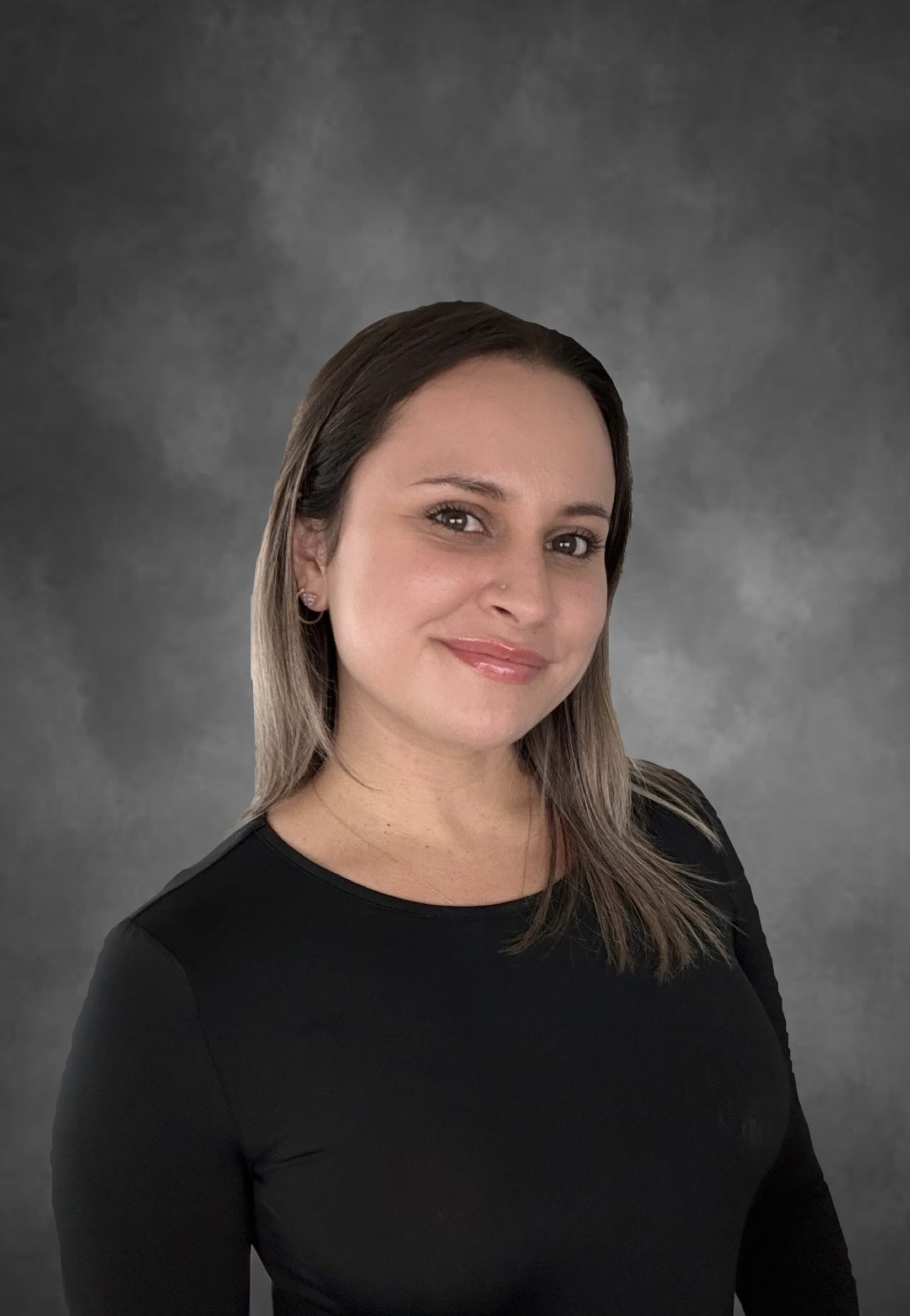
Taylor Quintana is a dedicated healthcare professional with over ten years of experience in various healthcare settings. Currently, she serves as a Rehabilitation Aide at St. Rose Community Hospital in Hayward, CA, and is also a certified Emergency Medical Technician.
She recently graduated from the UCSF-UC Law SF Master of Science in Health Policy and Law program. Taylor completed her undergraduate studies at California State East Bay, earning degrees in Biology and Psychology. During her time there, she worked as a Research Assistant in Dr. Ram Kandasamy’s Behavioral Neuroscience Lab, gaining experience in research and pain-related behaviors in rat models.
Taylor is passionate about improving care for vulnerable and underserved populations by implementing biopsychosocial solutions, with a strong interest in substance use disorder, chronic pain, and other comorbidities. She aspires to become a physician in the future.

Kassie Williams is a JD candidate at UC Law SF concentrating in Health Law & Policy. She previously worked at the SF Department of Public Health as a National HIV Behavioral Surveillance Research Associate, interviewing individuals about their experiences accessing healthcare, housing, food, and more. Kassie also worked as a Research Assistant at Stanford University where she trained teachers on new curriculum for non-native English-speaking students. She was also a Certified School Psychologist at public schools in Arizona, managing psychoeducational evaluation processes and facilitating school-wide mental health initiatives.
Kassie earned her BA in Special and Elementary Education at Arizona State University, her Ed.S. in School Psychology at the University of Arizona, and her MA in Social Justice and Human Rights at ASU.